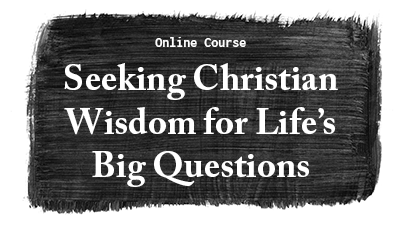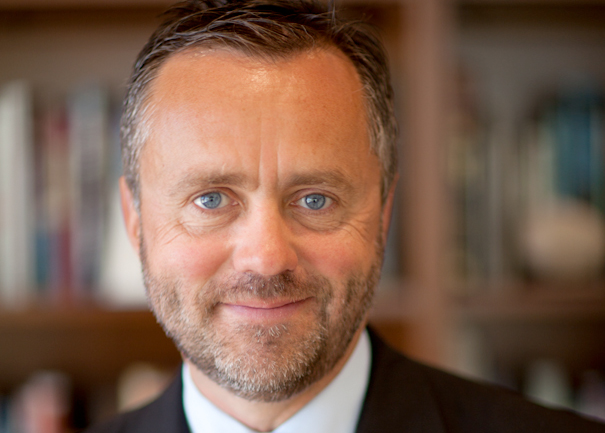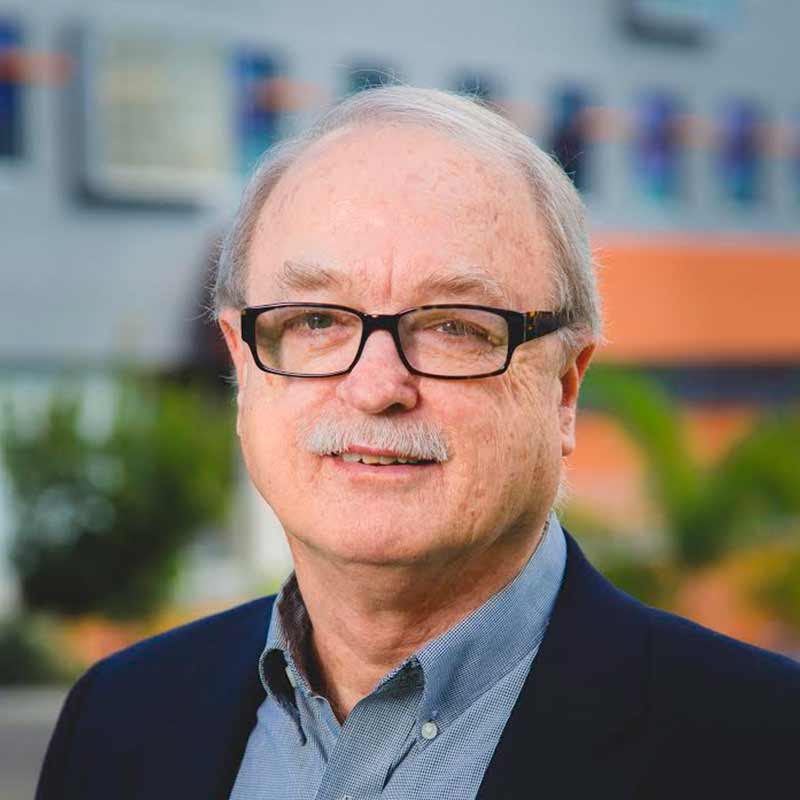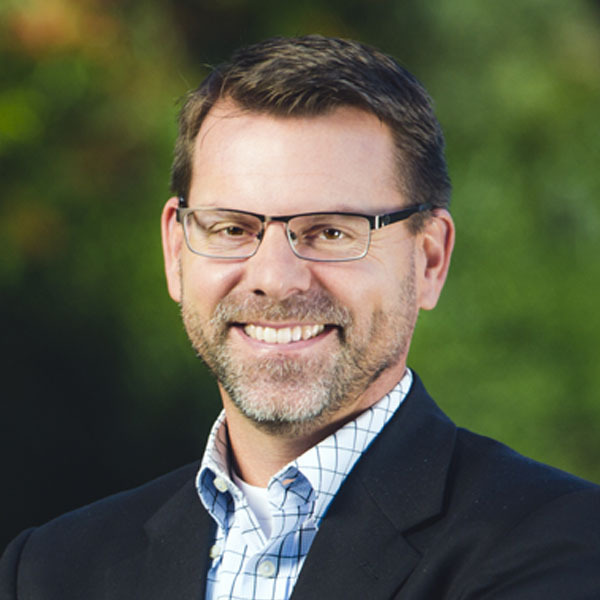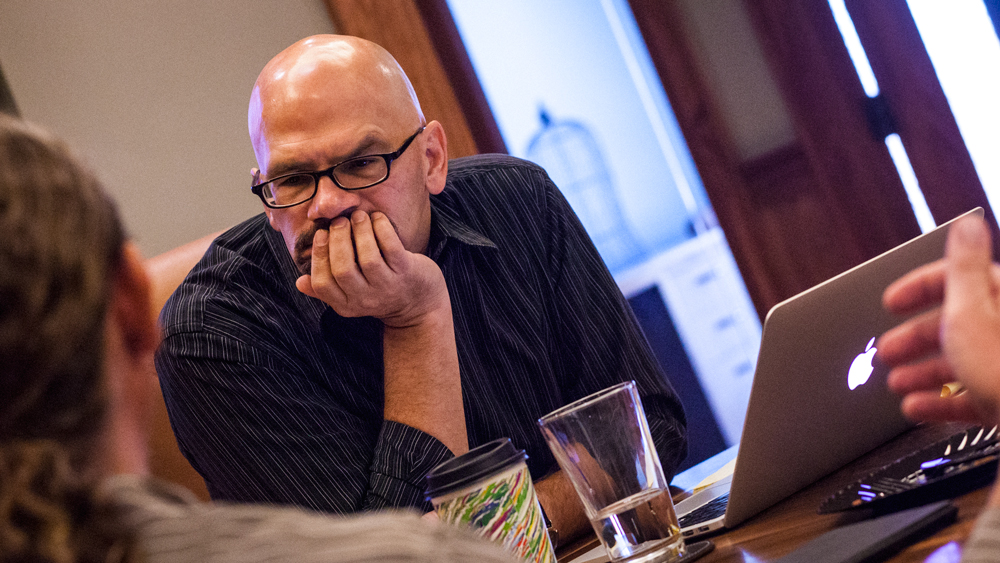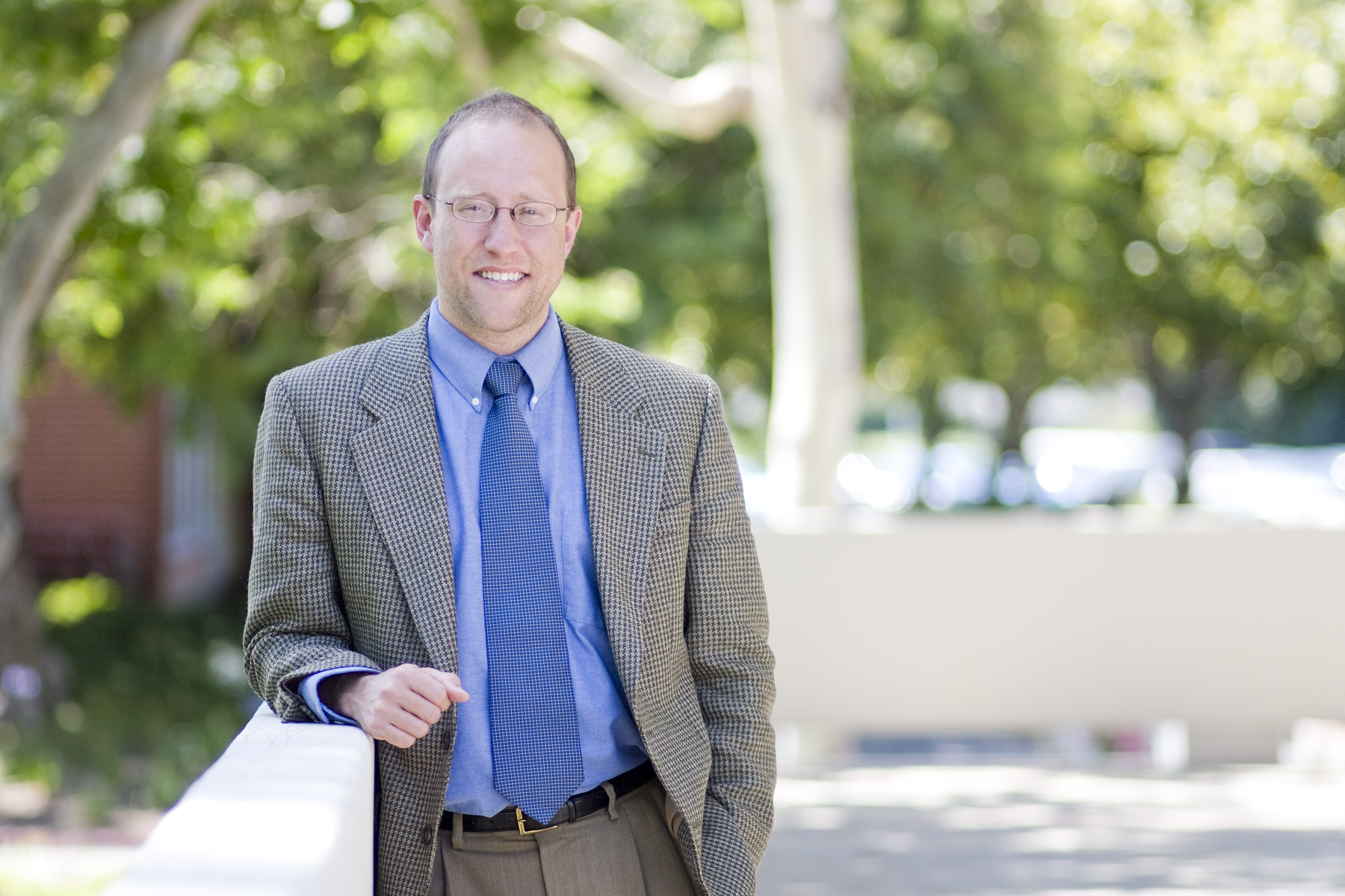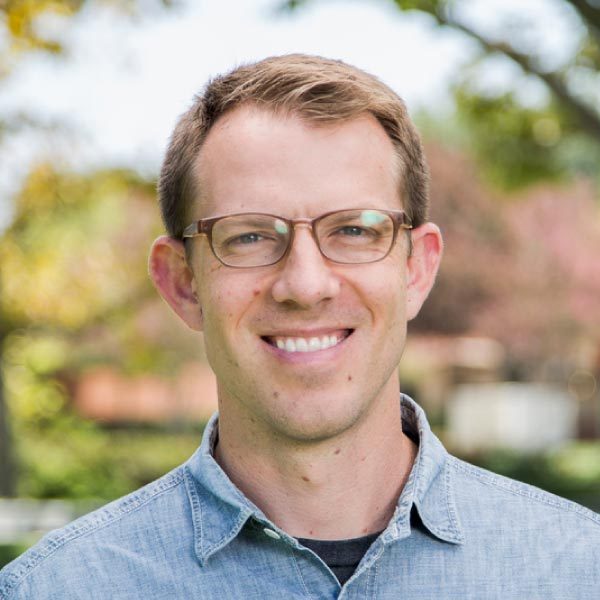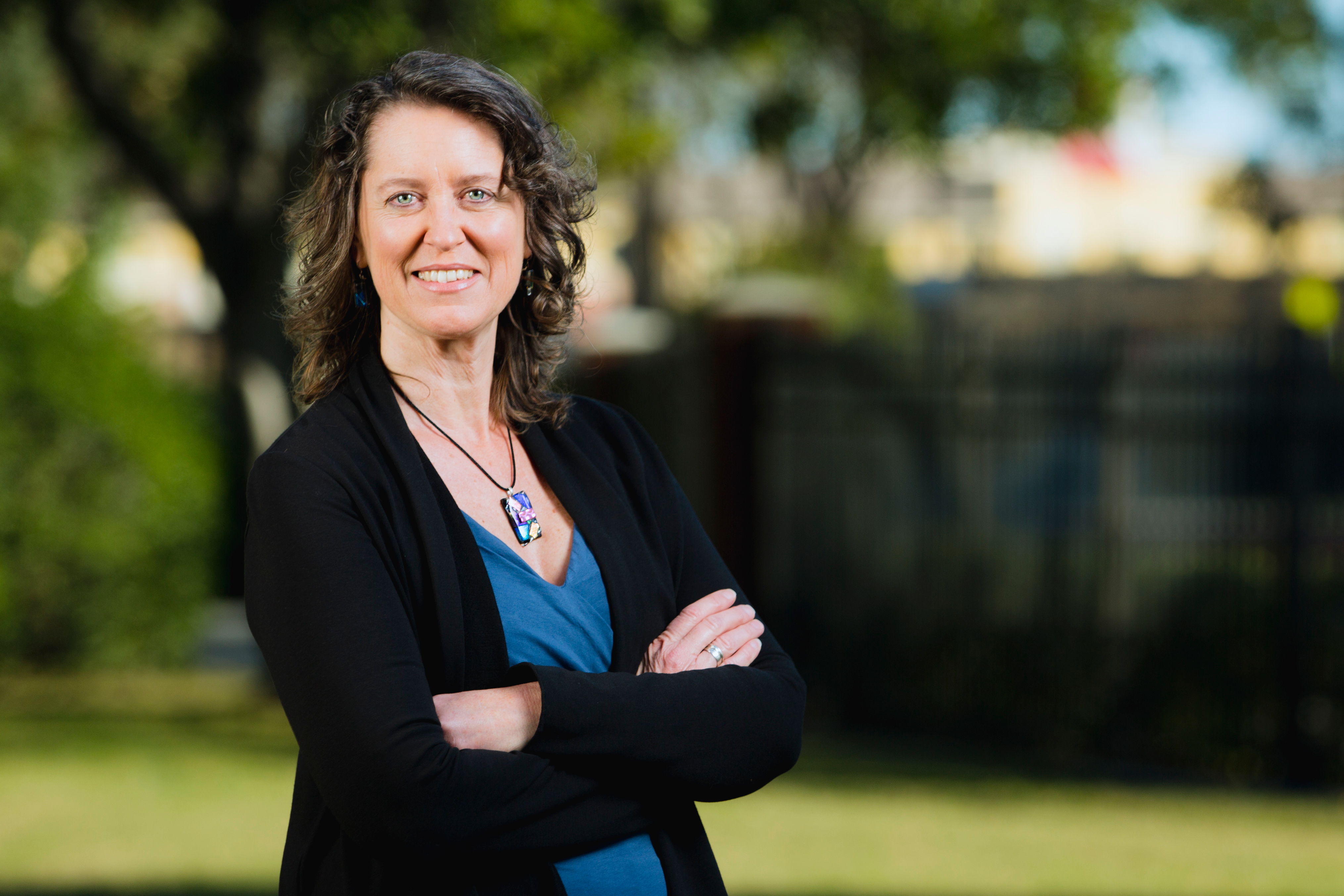Course Description
This online ecourse was developed and produced by Biola University’s Center for Christian Thought, and is called, “Seeking Christian Wisdom for Life’s Biggest Questions.” The course covers questions related to 7 research themes explored by Biola University’s Center for Christian Thought from 2012-2018: Christian Scholarship in the 21st Century, Neuroscience & the Soul, Psychology & Spiritual Formation, Intellectual Virtue & Civil Discourse, The Meaning of Love, Humility: Moral, Intellectual, Religious, and Suffering & the Good Life. Featuring notable Biola University leaders and professors—Barry Corey, J. P. Moreland, Steve L. Porter, Tim Meuhlhoff, Thomas Crisp, Kent Dunnington, and Elizabeth Hall—all of whom are connected to the Center for Christian Thought either as research fellows or in a leadership capacity.
How to Register
Either,
- Receive full “Seeking Christian Wisdom for Life’s Biggest Questions” eCourse for $24.99.
Click here, sign in, and get started!
Or,
- Sign up for our email list below and you’ll immediately receive a subscribers-only coupon code for 50% off the course, plus 3 bonus videos on how to transform your leadership with humility—from Biola University psychologist Peter Hill.
